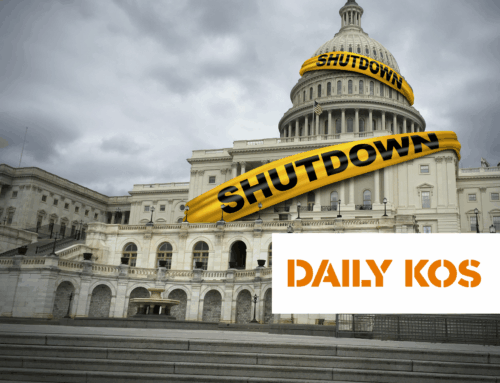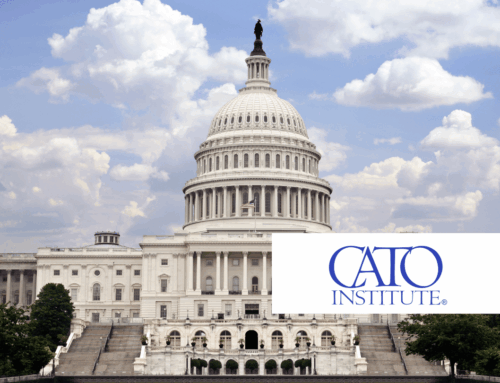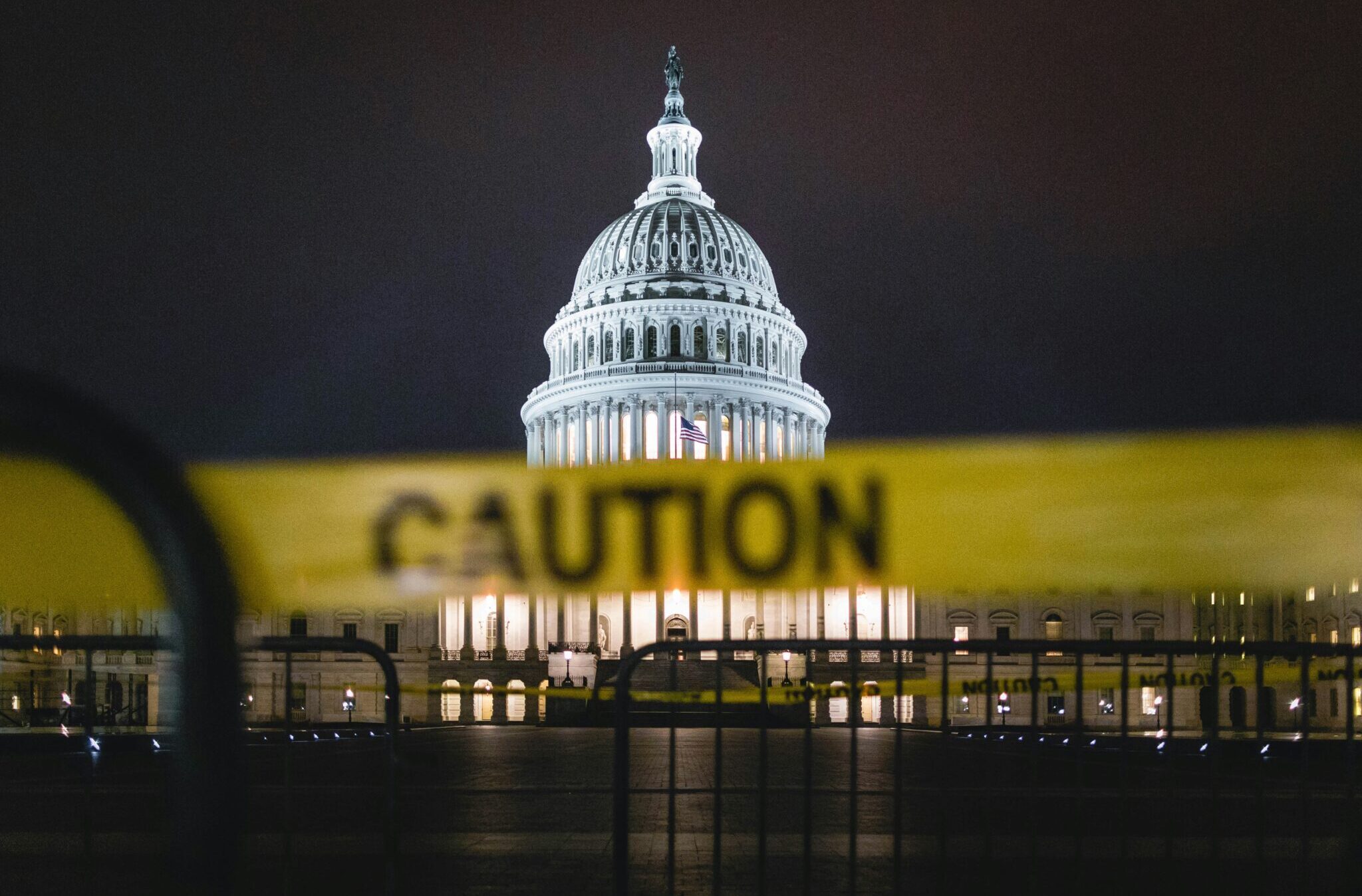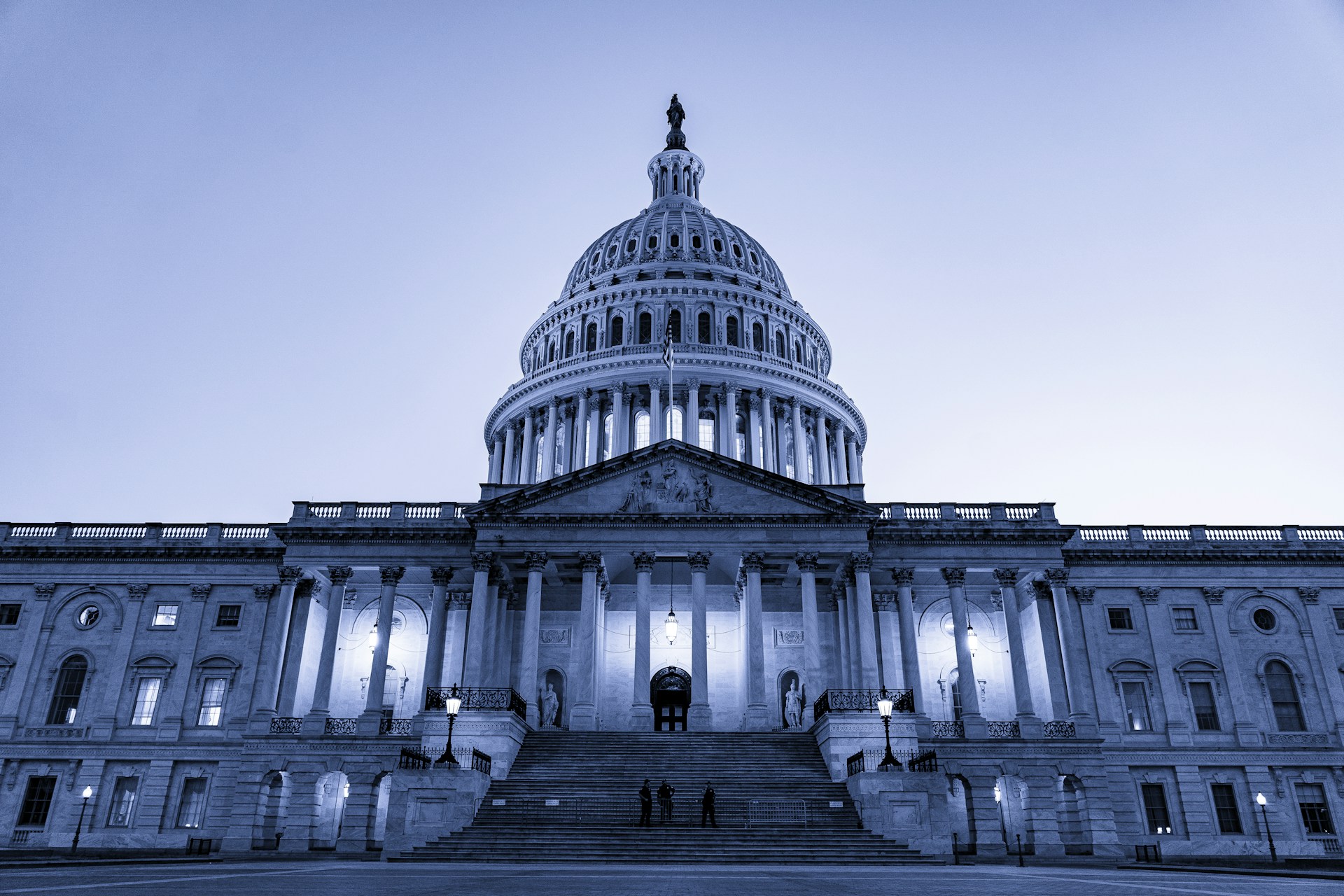Opponents of adding to the national debt say President Trump’s plan to balance the federal budget in 15 years is unserious and that he remains on track to add as much debt as former President Obama, whom Trump once accused of having “effectively bankrupted” the country.
Trump’s new fiscal 2020 budget contains large reductions — such as a deep cut to Medicare spending — that budget hawks consider politically unrealistic. If those cuts fail to materialize, Trump’s addition to the debt will be worse than predicted.
Additionally, revenue in the president’s proposal is pegged to rosy projections of 3 percent economic growth, higher than independent analysts predict.
“The overall package is really unrealistic and based on wishful thinking,” said Maya MacGuineas, president of the Committee for a Responsible Federal Budget, calling Republicans “hypocritical” for not taking the issue more seriously after blasting Obama’s deficit spending.
Ironically, say MacGuineas and other balanced-budget advocates, Obama may prove to have been a better steward of tax dollars than Trump.
“Trump was very hard on President Obama for adding debt. But Obama’s debt was largely because of a huge downturn. [Trump] is on course to borrow $10.5 trillion over the next decade during a period of very strong economic growth. So that’s considerably worse. And suddenly he seems to have amnesia,” said MacGuineas.
Bob Bixby, executive director of the pro-balanced budget Concord Coalition, said, “Obama came in with an economy that was cratering and a deficit that was shooting up. No matter who was elected president in 2009, they were facing a $1 trillion deficit.”
“With Obama, the deficits began winding down when the economy recovered. With Trump, the troubling thing is he inherited a growing economy and instead of continuing progress on deficit reduction, the deficit has exploded,” he said.
“I don’t think this is a credible road map,” Bixby continued. “Any way we get out of this is going to increase spending, they are just arguing about the mix. Defense and non-defense are likely to go up, and I don’t see any kind of entitlement reform or revenue increases on the table. I don’t see anything but a $1 trillion deficit and rising.”
Obama nearly doubled the national debt from $10.6 trillion to $19.95 trillion. But in two years, Trump has added more than $2 trillion, a rate that could see him increase the debt by about as much as Obama if he were to serve for two terms.
Bixby said that with Trump requesting defense increases and continued tax cuts, “the numbers just don’t add up” without deep entitlement reforms Trump previously opposed.
“For lack of a better word, the effort to balance the budget is insincere,” said Ryan Alexander, president of Taxpayers for Common Sense.
“There’s a significant cut to Medicare, which is one of those things that can get people calling every member of Congress, regardless of party, and goes against a campaign promise he made. Nobody at [the Office of Management and Budget] or in the administration thought [that cut] would happen,” she said.
Military increases stand a better shot in the Democrat-controlled House than Medicare cuts. A proposed 5 percent increase in defense spending is supplemented with a proposed increase in the military Overseas Contingency Operations account, from $69 billion to $165 billion next year.
OCO spending isn’t technically part of the budget, prompting criticism that it’s a “gimmick” to make spending look more responsible than it really is. Alexander explained that although the OCO account is supposed to fund war operations, it is instead used for projects that are “neither overseas nor contingent.”
“I don’t think we have seen real concern from the Trump administration about balancing the budget,” Alexander added. “In 2008-2012, as the country was recovering from the recession, the Republican Party made a huge deal about deficits and debt, and once they had the power of the presidency and both chambers of Congress they quickly passed a deficit-financed tax cut and a deficit-financed increase in spending. It’s kind of made everyone in Congress say, ‘Why are we making an effort to pay for anything?'”
White House spokespeople did not respond to a request for comment, though economic advisers have defended growth projections.
Trump’s budget did find some praise. Thomas Schatz, president of Citizens Against Government Waste, said, “It is certainly better to have something on paper that does show balance.”
But Schatz likened the government’s finances to a person’s and added, “If the interest on your credit cards is your third-highest expenditure, you’re really in debt, and really in trouble.”










